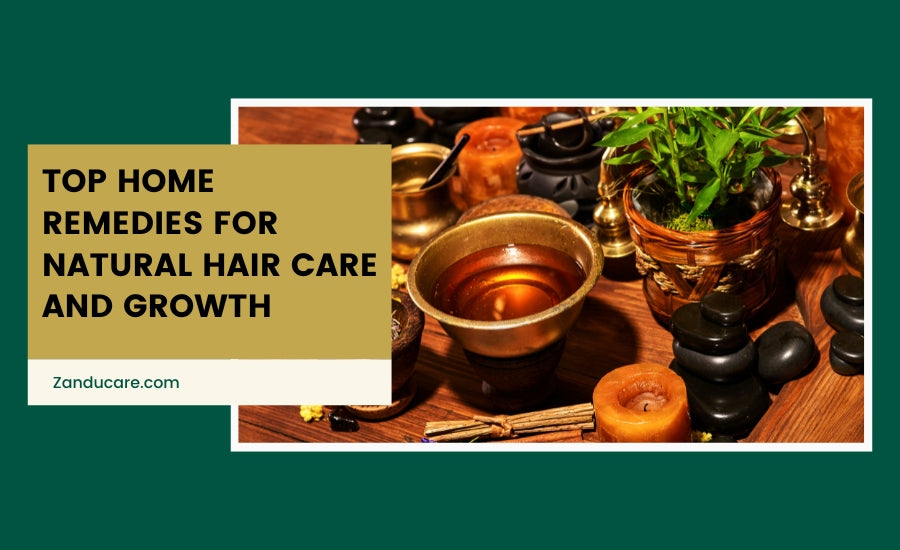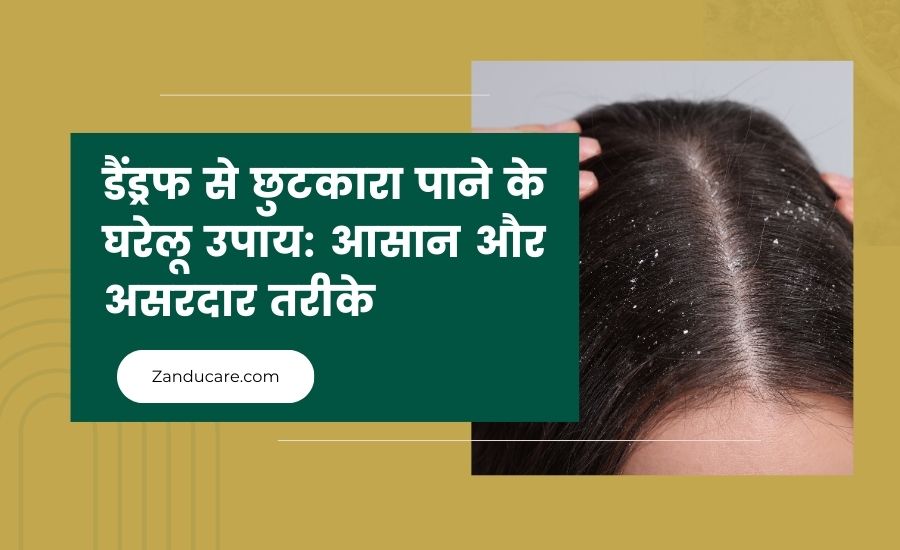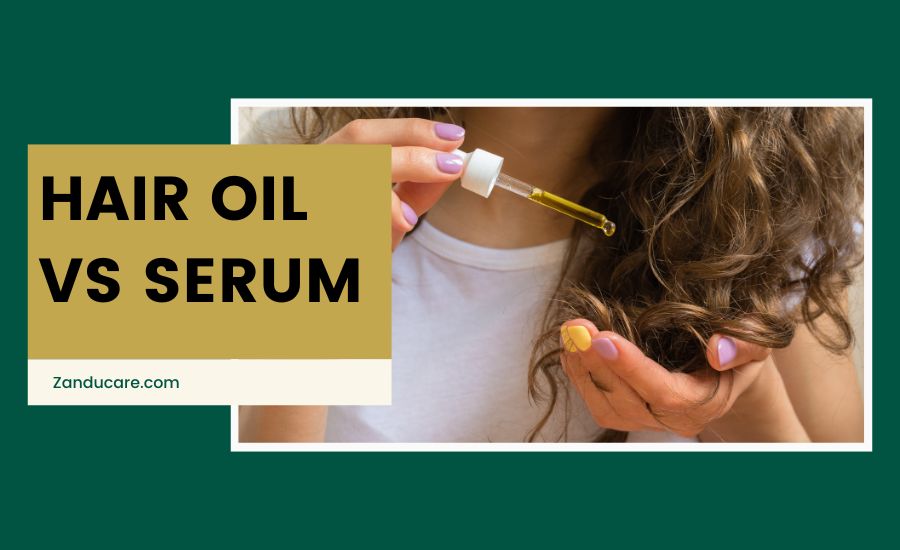|
Key insights:
- Discover natural hair masks like aloe vera and coconut Oil, Honey and yogurt, and Onion Juice to boost growth, hydrate, and repair damage—all made with simple ingredients at home.
- Learn how a balanced diet with iron, biotin, and omega-3s, paired with proper hydration, can transform your hair from within.
- Traditional ingredients like Amla, Shikakai, and Fenugreek offer natural solutions for hair fall, dandruff, and scalp health.
- Overwashing, heat styling, and skipping sun protection can harm your hair—small changes can make a big difference.
- Almond, Coconut, and Argan oils are packed with essential nutrients that can strengthen and rejuvenate your hair with regular use.
|
Taking care of your hair is essential and doesn't always require expensive salon visits. With the right knowledge and a few natural ingredients, you can maintain healthy, strong, and shiny hair right from home. This post will cover essential hair care tips, DIY treatments, diet recommendations, and common mistakes to avoid. Let’s dive in!
|
Did You Know?
- Aloe vera contains over 75 nutrients that deeply hydrate your hair.
- Coconut oil can penetrate hair strands to provide lasting moisture and smoothness.
- Aloe vera and coconut oil together fight dandruff and soothe an itchy scalp.
- This powerful duo strengthens hair, repairs damage, and protects against split ends.
|
Essential Hair Care Tips at Home
Following some basic practices that protect and nourish your strands is important to keep your hair looking its best. Here's how you can maintain healthy hair at home:
1. Use Natural Oils for Hair Nourishment
Natural oils that nourish hair, such as almond, coconut, and argan oils, are abundant in vitamins and vital fatty acids. You can fully hydrate your hair and enhance its general health by massaging these oils into your scalp and hair once or twice a week.
2. Regular Scalp Massages for Hair Growth
Massages on the scalp are a fantastic method to increase blood flow and encourage hair development. Every day, spend five to ten minutes gently massaging your scalp with your fingertips to improve the flow of nutrients to the hair follicles, which promotes the creation of thicker, stronger hair.
3. Apply onion juice all over your hair
Unbelievably, onion juice has a wealth of minerals and health advantages for hair development and regrowth. Its antibacterial and antifungal qualities keep the scalp clear of infections. It also contains sulfur, which keeps hair from breaking and becoming brittle.
They also include antioxidants to help prevent hair from ageing and turning grey. To neutralise the strong scent of the juice, add a few drops of peppermint or lavender essential oils.
4. Wash Your Hair Regularly
Regular hair washing removes debris and extra oil from your scalp and hair. The ideal frequency, however, will vary depending on your hair type and preferences. If your hair is very dry, wash it no more than twice a week. Washing it every other day will assist if you have an oily scalp.
5. Apply a paste of crushed amala for hair care
The common amla, also known as Indian gooseberry, is a miraculous fruit frequently used in hair tonics, cosmetics, and health drinks. Amala's vitamin C contributes to the production of collagen protein, which increases cell renewal and stimulates the growth of longer, fuller hair. Amala has hydrating qualities because it is more than 80% water. It is an antioxidant that prevents damage and greying of hair, and it is a natural scalp cleaner and germ remover.
6. Follow a sensible diet for healthy hair
If we write about skin and hair care, we will keep saying, "You are what you eat." Amino acids and proteins make up your hair. It needs the proper nourishment to develop healthily and sustain itself. Sweet potatoes, eggs, berries, almonds, salmon, and leafy green vegetables promote healthy hair.
7. Choose the Right Shampoo and Conditioner for Your Hair Type
Using shampoos and conditioners made for your hair type helps keep your locks healthy. Dry hair needs moisturising shampoos, while oily hair needs clarifying shampoos. Always pick mild, sulfate-free formulas and use conditioner on the ends to prevent dryness.
8. Avoid Heat Styling and Chemical Treatments
Heat from blow dryers, straighteners, and curling irons can damage hair over time. Avoid them as much as possible or use heat-protecting sprays. Similarly, limit chemical treatments like perms, colours, and bleaches to reduce hair damage.
9. Trim Your Hair Regularly to Prevent Split Ends
Get a small trim every 6-8 weeks to remove split ends and maintain healthy hair length. Split ends can travel up the hair shaft and cause more damage if not trimmed. Regular trims keep hair looking neat and prevent breakage.
10. Use Chemical Free Shampoos
You can’t always avoid the environmental factors that harm your hair, but you can choose the right shampoo to protect it. Shampoos with fewer chemicals are better for keeping your hair healthy. Always pick a mild shampoo that matches your hair type.
Ingredients like sulfates and parabens are often added to shampoos to create foam and increase shelf life. However, these chemicals may irritate the skin regularly and disrupt hormonal balance over time.
11. Dry Your Hair Naturally
Blow drying can give you gorgeous hair like your favourite celebrities, but too much heat can harm your scalp and hair. If you need to style your hair, save it for special occasions. The best option is to let your hair dry naturally or use a towel gently after shampooing. Avoid sleeping with wet hair or combing it while it’s wet, as this can cause damage. Also, don’t rub your hair harshly with a towel—be gentle to protect your hair’s cuticle.
Also, do check:
DIY Hair Masks and Treatments at Home
Natural hair masks are a great way to treat your hair to the moisture and nutrients it needs. Here are a few simple yet effective DIY hair masks you can make at home:
1. Aloe Vera and Coconut Oil Hair Mask
Aloe vera is known for its soothing and moisturising properties, while coconut oil penetrates the hair shaft, providing deep hydration. Mix two tablespoons of aloe vera gel with one tablespoon of coconut oil, apply it to your hair, and leave it on for 30 minutes before rinsing.
2. Olive Oil Protein Treatment
Olive oil is rich in proteins that strengthen hair strands. Mix olive oil with an egg for a protein boost, and apply this mask to damp hair. Leave it on for 20 minutes, then rinse with lukewarm water. This treatment adds shine and strengthens weak hair.
3. Honey and Yogurt Deep Conditioning Mask
Honey is a natural humectant that retains moisture, and yoghurt is packed with protein. Mix two tablespoons of honey with three tablespoons of plain yoghurt to create a hydrating mask. Apply it to your hair, leave it on for 20-30 minutes, and rinse thoroughly.
Diet and Hydration: Key to Healthy Hair
Your diet and hydration levels have a big impact on hair health.
1. Importance of a Balanced Diet for Hair Health
Eating a diet rich in vitamins, minerals, proteins, and omega-3 fatty acids provides nutrients for healthy hair growth. Iron, zinc, biotin, vitamin C and B-complex vitamins are particularly important.
2. Drink Plenty of Water to Keep Hair Hydrated
Staying hydrated helps nourish hair follicles from within, keeping strands supple and less prone to breakage. Drink at least 2-3 litres of water daily for healthy, hydrated hair.
Common Mistakes to Avoid in Home Hair Care
It's important to avoid common hair care mistakes when taking care of your locks at home.
1. Overwashing Your Hair
Washing hair too frequently strips the natural oils and causes dryness. Limit washes to 2-3 times a week unless you have a very oily scalp. Use dry shampoo between washes.
2. Using the Wrong Hair Tools
Improper brushing and heat styling damages hair. Use wide-toothed combs and boar bristle brushes. Set heat tools at a medium temperature to avoid damage from high heat.
3. Not Protecting Hair from Sun and Pollution
UV rays and pollutants harm hair. When going out, cover your hair with a scarf or hat. Use leave-in conditioners and serums with UV filters before going into the sun.
Also, do check our 100% Ayurvedic products:
Ayurvedic Hair Care Tips for Healthy Hair
Ayurveda offers holistic remedies that can enhance hair health naturally. Here's how you can incorporate Ayurvedic practices into your hair care routine:
1. Using Herbal Oils like Amla and Brahmi
In Ayurveda, amla (Indian gooseberry) and Brahmi are known for promoting hair growth and reducing hair fall. Massaging your scalp with Amla or Brahmi oil once a week can significantly improve the strength and texture of your hair.
2. Benefits of Shikakai and Reetha for Hair Cleansing
Shikakai and Reetha (soapnut) are natural cleansers used for centuries to wash hair without stripping it of its natural oils. You can make a homemade shampoo by boiling Shikakai and Reetha pods in water and straining the liquid.
3. Ayurvedic Remedies for Hair Fall and Dandruff
For hair fall, Ayurveda recommends using fenugreek seeds (methi) soaked overnight and ground into a paste. Applying this paste to your scalp can reduce hair loss and improve scalp health. Similarly, neem leaves boiled in water can be used as a rinse to treat dandruff.
Conclusion
Taking proper care of your hair at home can be easy and affordable if you know what to do. You may keep healthy, glossy hair without spending a fortune on salon services by using natural oils, DIY masks, a balanced diet, and Ayurvedic therapies. Always use products appropriate for your hair type, avoid typical blunders, and follow your regimen consistently. Your hair may be healthy and gorgeous at home with a little work and maintenance!
FAQs
1. What natural oils are best for hair care?
Coconut oil, argan oil, and almond oil are excellent for nourishing and hydrating hair, providing essential vitamins and fatty acids.
2. How often should I wash my hair?
For oily hair, wash every other day. For dry hair, washing 2-3 times a week is ideal to avoid stripping away natural oils.
3. How can I promote hair growth naturally?
Regular scalp massages increase blood circulation, while applying onion juice, rich in sulfur, helps strengthen hair and promote regrowth.
4. What are some effective DIY hair masks?
Aloe vera and coconut oil for hydration, honey and yogurt for deep conditioning, and olive oil with a protein treatment are great DIY options.
5. What foods promote healthy hair?
A diet rich in vitamins, minerals, proteins, and omega-3s is crucial for healthy hair. Include foods like salmon, nuts, and leafy greens in your meals.
6. How do I prevent split ends?
Trim your hair every 6-8 weeks to stop split ends from causing further damage along the hair shaft.
References:
-
Use Natural Oils for Hair Nourishment
-
Using Herbal Oils like Amla and Brahmi
-
Benefits of Shikakai and Reetha for Hair Cleansing
-
Onion juice has a wealth of minerals and health advantages for hair development and regrowth













Leave a comment
This site is protected by hCaptcha and the hCaptcha Privacy Policy and Terms of Service apply.